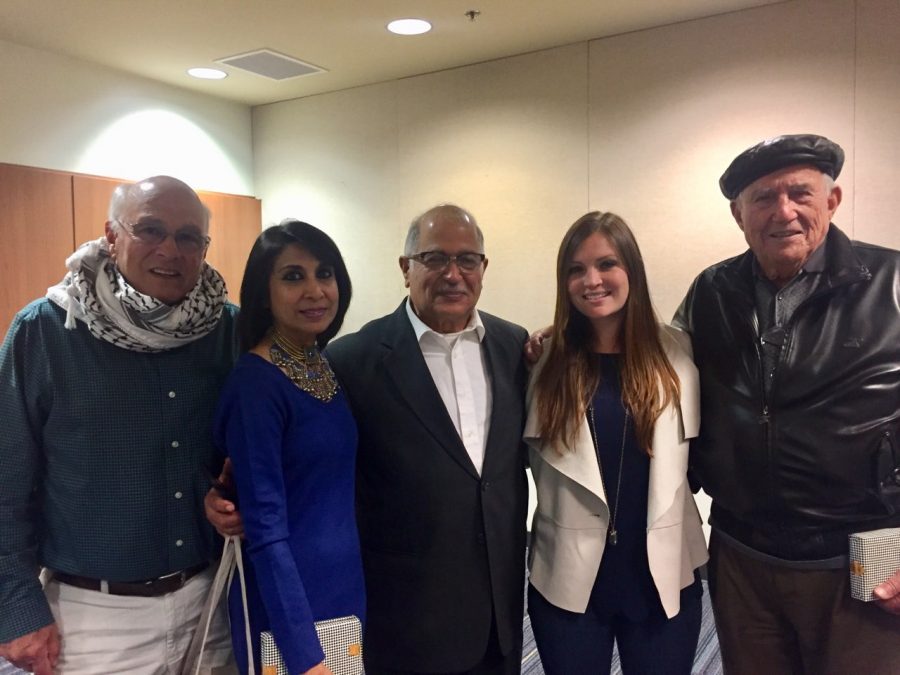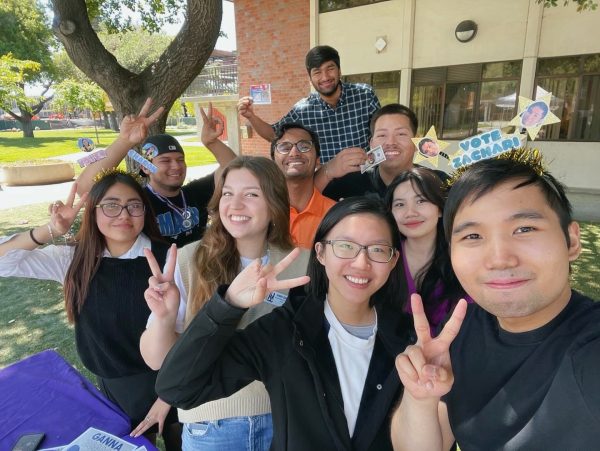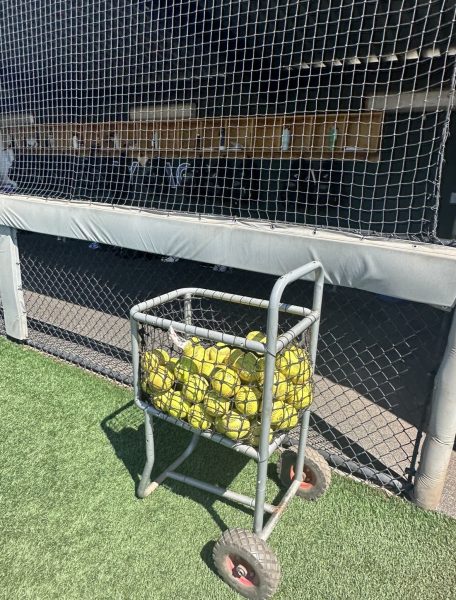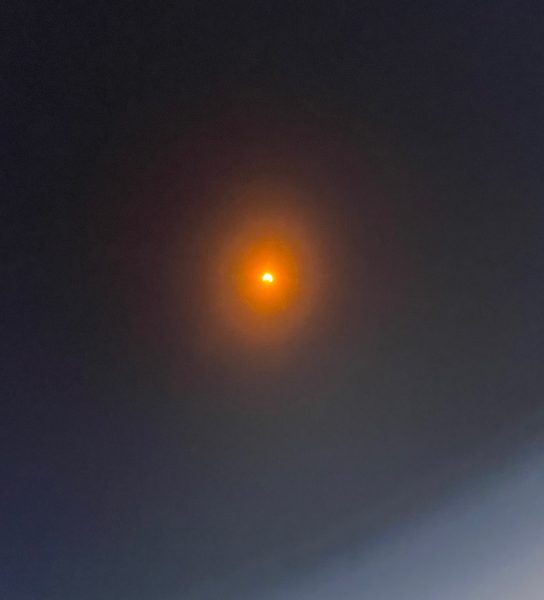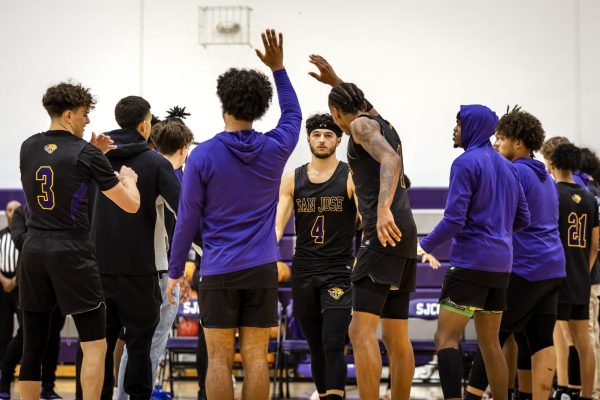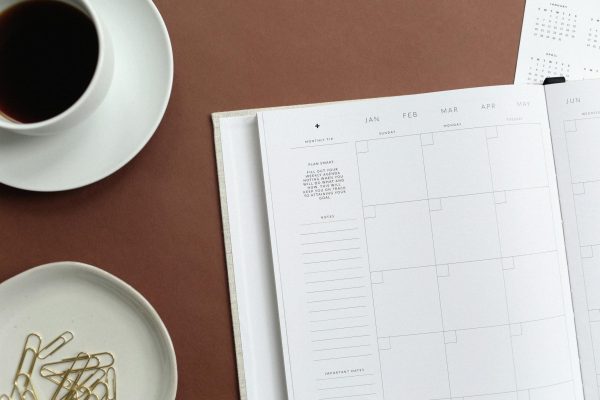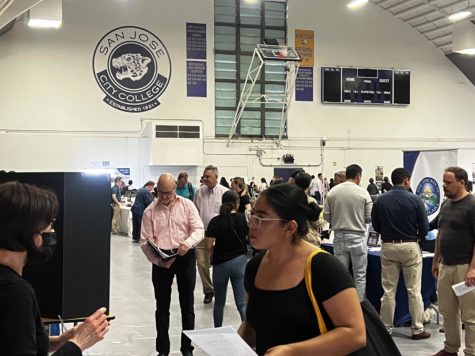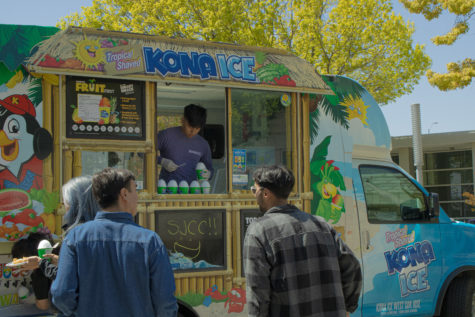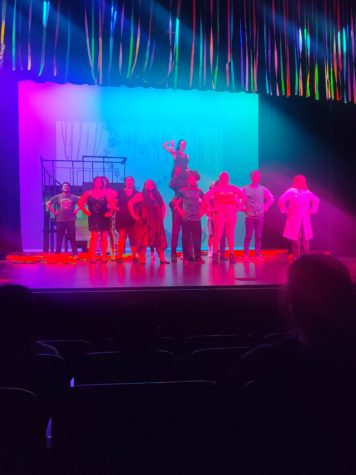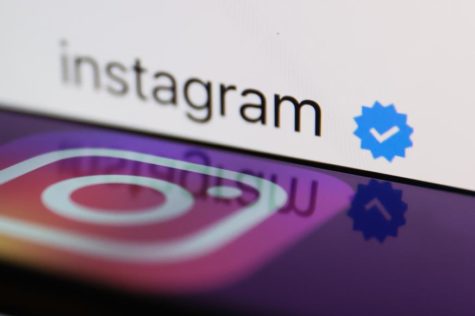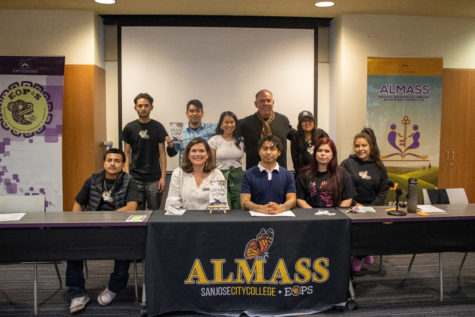Longtime chemistry instructor discusses challenges of teaching, COVID-19 and the cancellation of Middle Eastern Heritage Month
SJCC instructor Sami Ibrahim (center) celebrates Middle Eastern Heritage Month on April 11, 2018, with MEHC speakers (from left) Douglas Bailey, Roohi Vora, Ibrahim, Natasha Ibrahim and Eusataquio Navarro-Cortez.
Professor Sami Ibrahim is an adjunct faculty member in the Chemistry Department at San Jose City College.
Ibrahim first began teaching at SJCC in 1969 and taught five years on campus before moving on to Evergreen Valley College.
He retired from EVC in 2001, and he was immediately offered a job once again at SJCC, making his retirement short-lived.
The Times interivewed Ibrahim in commemoration of Middle Eastern American Heritage Month, which was canceled because of the shelter-in-place order
Q. How has commemorating the Middle Eastern Heritage Celebration changed as a result of the coronavirus outbreak?
Ibrahim: This year, we planned three events. One of them was a musical event. Unfortunately, we had to cancel that event. One speaker suggested giving a talk using Zoom, which we did.
This event began 20 years ago following the disastrous 9/11 event. We needed to inform the community about the beautiful culture, long history and aspirations of all the people in the Middle East, which consists of about 22 nations.
We have a variety of cultures there and lots of ethnic groups. We mostly practice Islam, but we also have Christians and Jews.
We also invited some diplomats: the consul general from Egypt was invited and came and spoke to our students.
Q. How has your culture molded you into the individual you are today?
Ibrahim: I am really proud to be the product of two cultures: the Middle Eastern Arab culture and the American culture.
I have been in the Bay Area since 1961. I am really grateful that my education and teaching career is in America. America has always been a beacon of liberty.
The Middle East suffered from British and French colonial powers. I was born into the Muslim religion, and I still practice Islam.
This is the month of Ramadan. It is a month of meditation and good behavior. We are also charitable during the month of Ramadan.
At the end of the month, we donate 20 percent of what is in our bank account to any charitable cause. It doesn’t matter what the cause is as long as it goes toward helping fellow human beings.
Q. Can you talk about some of your fondest memories during your time at SJCC?
Ibrahim: Oh my goodness, I have many; and most of them have to do with my students.
I once subbed in a chemistry class. I did not know anybody in the class. I was explaining to students how elements combine.
Using the table of elements, I explained to them how they can predict the combining ratios of elements.
One student in particular was very attentive. She later wrote me a letter thanking me for explaining to her the combining ratios of elements.
She also wrote that her husband had passed away just two weeks earlier and that she had to thank me because she had not been able to thank her husband enough.
You do not realize how much impact you have on people.
Q. What are some challenges that you have had to overcome throughout the course of your tenure at SJCC?
Ibrahim: I realize now that teaching at a junior college, I teach a lot of people from different backgrounds.
In one of my classes, I can have 10 languages being spoken. We all have to understand each other. I do have an accent, so I have to slow down a little bit and make sure my students understand me.
Q. What has your experience been like during this time of shelter-in-place?
Ibrahim: There are physical and mental challenges. Physically, you cannot see anyone. Mentally, you are trying to learn to cope with the pandemic.
I have been reaching out to my family — my children and my grandchildren — which has calmed me.
However, when I do not hear from my students, it concerns me because my mind automatically considers that they may be ill instead of maybe just being late with their work.
I never go out anywhere without my mask. I spray everything before I touch or use it.
Is there anything else you’d like to address?
My biggest hope is that our Middle Eastern celebrations will promote understanding between America and the Middle East.
It is my hope that this can bring peace in the Middle East. Many Americans and Middle Easterners alike have died in the Middle East for no good reason.
I hope this program promotes peace and saves lives. America is a great nation and a great people.
Your donation will support the student journalists of San Jose City College. Your contribution will allow us to purchase equipment and cover our annual website hosting costs.

